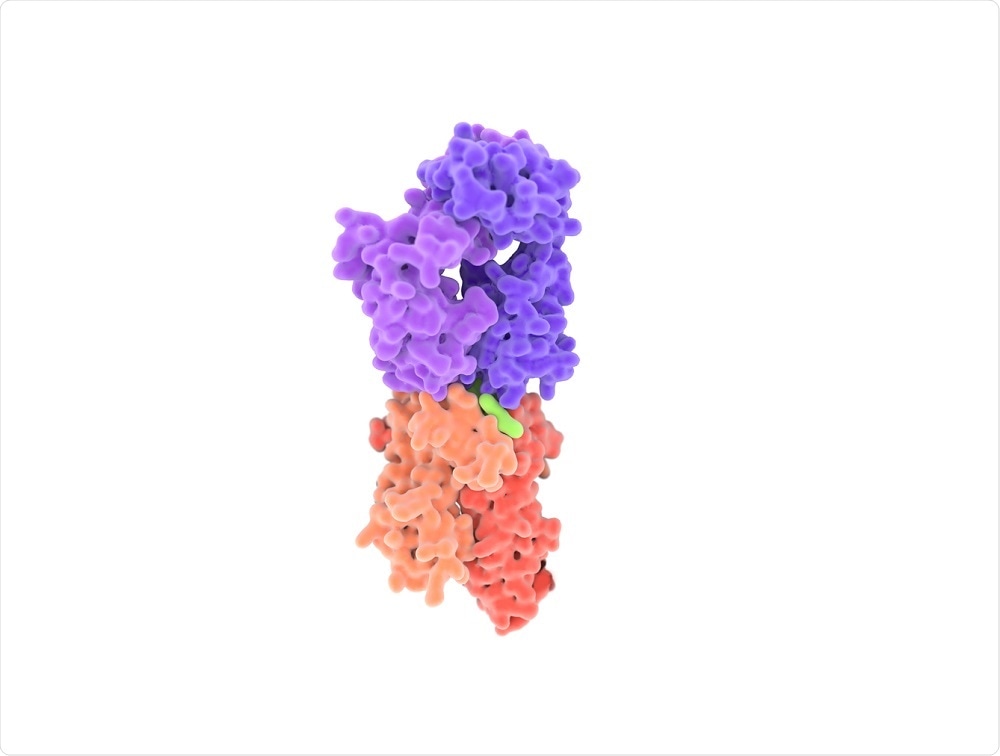Researchers at the University of Basel have discovered a way to prevent rejection of transplanted organs, without affecting the immune system’s ability to fight microbial infection.
 Juan Gaertner | Shutterstock
Juan Gaertner | Shutterstock
The findings, which were recently published in the journal Immunity, could pave the way for new approaches to reducing transplant rejection in the future.
Organ transplant rejection occurs when immune cells called T cells respond to donor organs as if they were foreign invaders such as viruses, bacteria and fungi.
Now, Jean Pieters and colleagues have found a way to selectively suppress this reaction to donor organs by modulating a protein regulator of T cells called coronin 1.
Blocking this protein in T cells prevents them from attacking the transplanted organ, without affecting their ability to fight off viruses, bacteria and fungi.
In a mouse model, the team found that removing coronin 1 not only resulted in the T cells massively suppressing the immune reaction to a transplanted organ, but also actively prevented transplant rejection.
At the same time, we were astonished that coronin 1-depleted T cells continue to fight infections.
Rajesh Jayachandran, First Author
At Jean Pieters’ lab, coronin 1 was originally defined as a host factor that pathogens hijack to help them survive inside immune cells.
The current study shows that within T cells, coronin 1 acts as a regulator of a signaling pathway that generates a ‘second messenger’ molecule called cAMP.
When coronin 1 is removed, the cAMP level dramatically rises in T cells, which makes them tolerogenic to the transplanted organ. However, Pieters and colleagues found that T cells could still be stimulated to control microbial infection because microbes promote the expression of molecules that dampen cAMP-mediated suppression.
The study shows that the body’s immune system can be manipulated to selectively suppress a host’s reaction to transplanted organs. Now, researchers face the challenge of translating these findings into the development of therapies that will enable tolerance of transplanted organs, whilst retaining the body’s ability to fight infection.
Source
Engineered T cells promote long-term organ transplant acceptance.